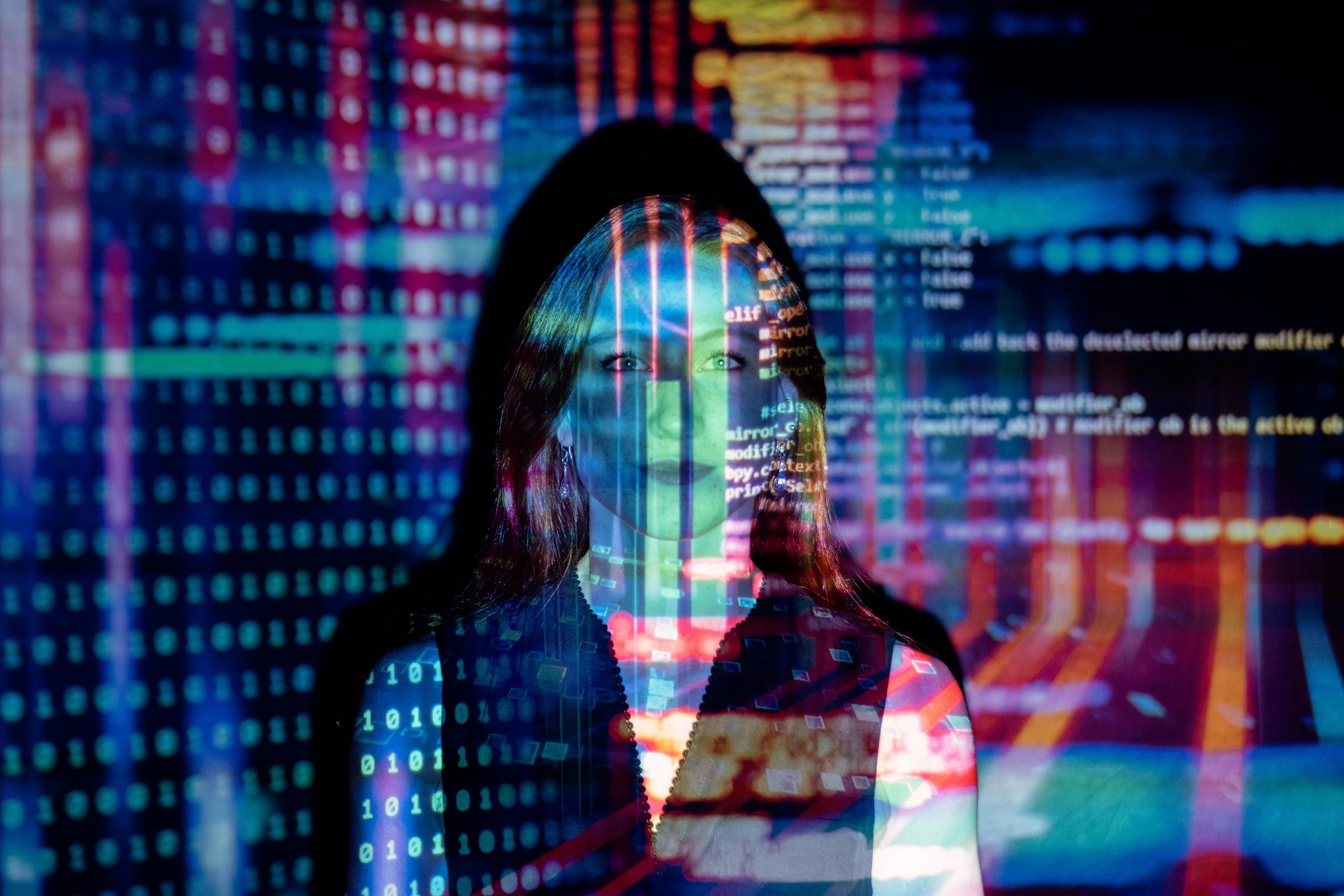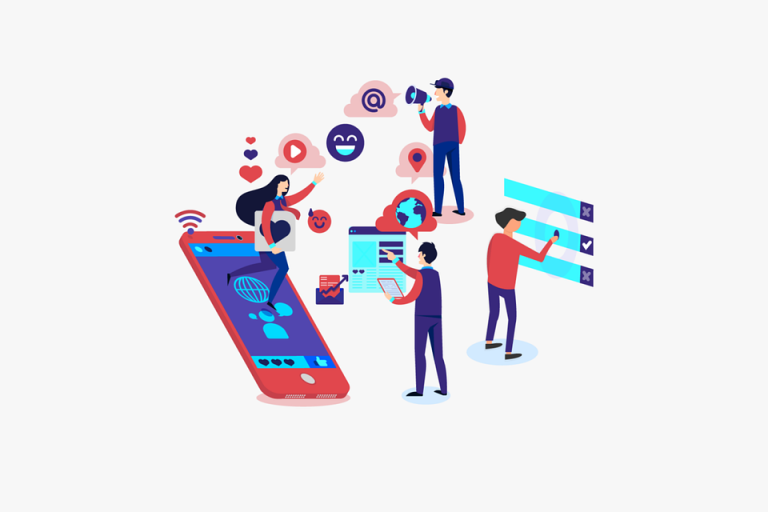
Introduction
In 2025, artificial intelligence (AI) is no longer just a futuristic concept—it’s a powerful force that is fundamentally reshaping the way we live, work, and interact. From healthcare to transportation and education to entertainment, AI technologies are embedded in everyday life, driving innovation and improving efficiency. As this revolution continues, it’s essential to understand how AI is impacting our world and what the future might hold.
AI in Everyday Life
AI is now deeply integrated into our daily routines, often in ways we don’t even notice. Smart assistants like Siri, Alexa, and Google Assistant help manage schedules, control smart homes, and provide instant access to information. AI-driven recommendation systems on platforms like Netflix, YouTube, and Spotify personalize our entertainment experiences based on viewing habits and preferences.
Even more subtly, AI powers spam filters in emails, fraud detection in banking, and facial recognition in security systems. These applications show how AI is making life more convenient and secure in 2025.

AI and the Future of Work
Workplaces have seen a dramatic transformation with AI automating repetitive tasks and enhancing productivity. In 2025, AI is being used in recruitment to screen resumes, in HR to predict employee attrition, and in finance to detect anomalies in real-time.
However, while AI is replacing some jobs, it is also creating new roles that demand skills in data analysis, machine learning, and ethical AI development. The workforce is adapting, with many people reskilling and upskilling to stay relevant in a tech-driven job market.
Healthcare Powered by AI
AI is revolutionizing healthcare in 2025 by enabling earlier diagnoses, personalized treatments, and improved patient care. Machine learning algorithms can analyze medical data with remarkable accuracy, detecting diseases like cancer and heart conditions earlier than traditional methods.
Telemedicine platforms use AI to triage patients, recommend treatments, and even detect mental health conditions through speech and facial analysis. AI is also instrumental in drug development, reducing the time and cost required to bring new medications to market.
AI in Education
In classrooms around the world, AI is being used to deliver personalized learning experiences. Adaptive learning platforms adjust the difficulty of lessons based on a student’s progress, helping them learn at their own pace.
AI also assists teachers by grading assignments, identifying struggling students, and suggesting targeted interventions. In 2025, virtual tutors and AI-based learning apps are supplementing traditional education, making quality learning more accessible.
Smart Cities and Transportation
AI is driving the development of smart cities where data is used to manage everything from traffic flow to energy consumption. In 2025, self-driving cars, powered by advanced AI, are becoming more common, improving road safety and reducing emissions.
Public transport systems are using AI to optimize routes and schedules based on real-time data. Smart infrastructure, like AI-controlled traffic signals, is reducing congestion and improving urban living conditions.
Ethical Concerns and Challenges
Despite its benefits, the rise of AI brings serious ethical and social challenges. Issues around privacy, surveillance, algorithmic bias, and job displacement are at the forefront of global discussions.
In 2025, governments and tech companies are increasingly focused on establishing regulations and ethical frameworks to ensure AI is used responsibly. Transparency, fairness, and accountability in AI systems are now considered essential.
Conclusion
Artificial intelligence in 2025 is not just reshaping technology—it’s reshaping humanity. From how we learn and heal to how we travel and work, AI is embedded in every corner of our lives. While the future holds even more promise, it’s crucial that society guides AI development with responsibility and care. The revolution is here, and it’s only just beginning.





